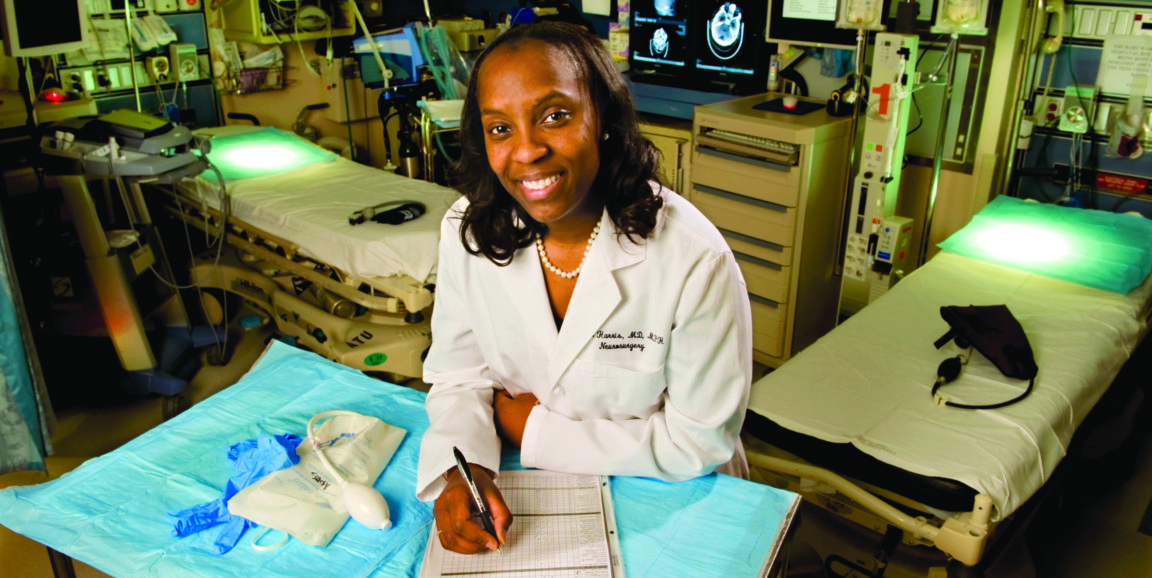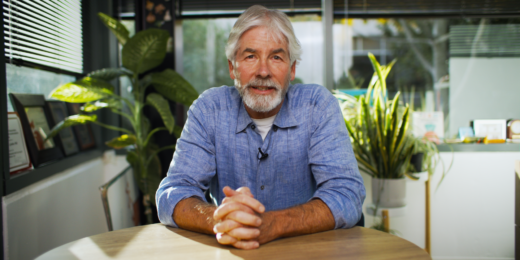The numbers speak for themselves. Surgery isn't a medical specialty with an abundance of women. The Association of Women Surgeons says that in 2015, women comprised only 19.2 percent of the workforce. That was a laudable jump from a paltry 3.6 percent in 1980, yet still small. And within specialties such as neurology and orthopedics, the numbers are even lower. So when you come across a neurosurgeon like Odette Harris, MD, MPH, you know you're meeting someone unique and rare.
The Jamaican-born Harris was recently promoted to full professor at Stanford, making her one of the first black female professors of neurosurgery in the nation.
I sat down with Harris for this 1:2:1 podcast, and we talked about how her dream of becoming a physician from an early age was realized. Quite simply, she told me, there were a lot of people along the way who believed in her, propelled her and enthused her with a passion for science and mathematics. A supportive family with unconditional love also helps.
Early on, one person stood out: Sister Felicia, a Roman Catholic nun at Harris' female-only high school in New Jersey. What was it about her that was so formidable and consequential, I asked?
Sister Felicia was probably one of the more powerful female figures early in my academic career. She was a mathematician. She loved math and science; I've never seen somebody love math so much. She would literally light up and smile at a math problem, which again, I've never seen that since or before... She got me to feel a love for math and science, not just to approach it with a sense of competence, but more with a sense of passion. I think that was a good early lesson.
There were others, too, such as the head of nursing at a hospital where she volunteered in high school and later, two seminal figures at Stanford, neurosurgeon John Adler, MD, ("he kept the naysayers at bay") and Gary Steinberg, MD, PhD, professor and chair of neurosurgery ("he has trained more African Americans than probably any other program and is on his way to probably training more women).
Knowing what it takes to make it in her specialty, is she hopeful, I asked, that we'll see more diversity in the future? She told me:
I'm an incredibly optimistic person. Yes, I'm very hopeful. I believe that hope has to be coupled with opportunity. We can't just rest on hope. We can't just say, 'This is getting better. Things are getting better.' We all have a responsibility to continue to make sure that those accomplishments and achievements continue and that there's opportunity for people.
When I talk about the fact that people are open to the next generation, I work really hard to make sure that in that next generation, there's representation for everyone at the table who wants to be there. That's really important. Just saying, 'It's going to be fine,' is just not enough.
Photo by Terrence McCarthy/Stanford




